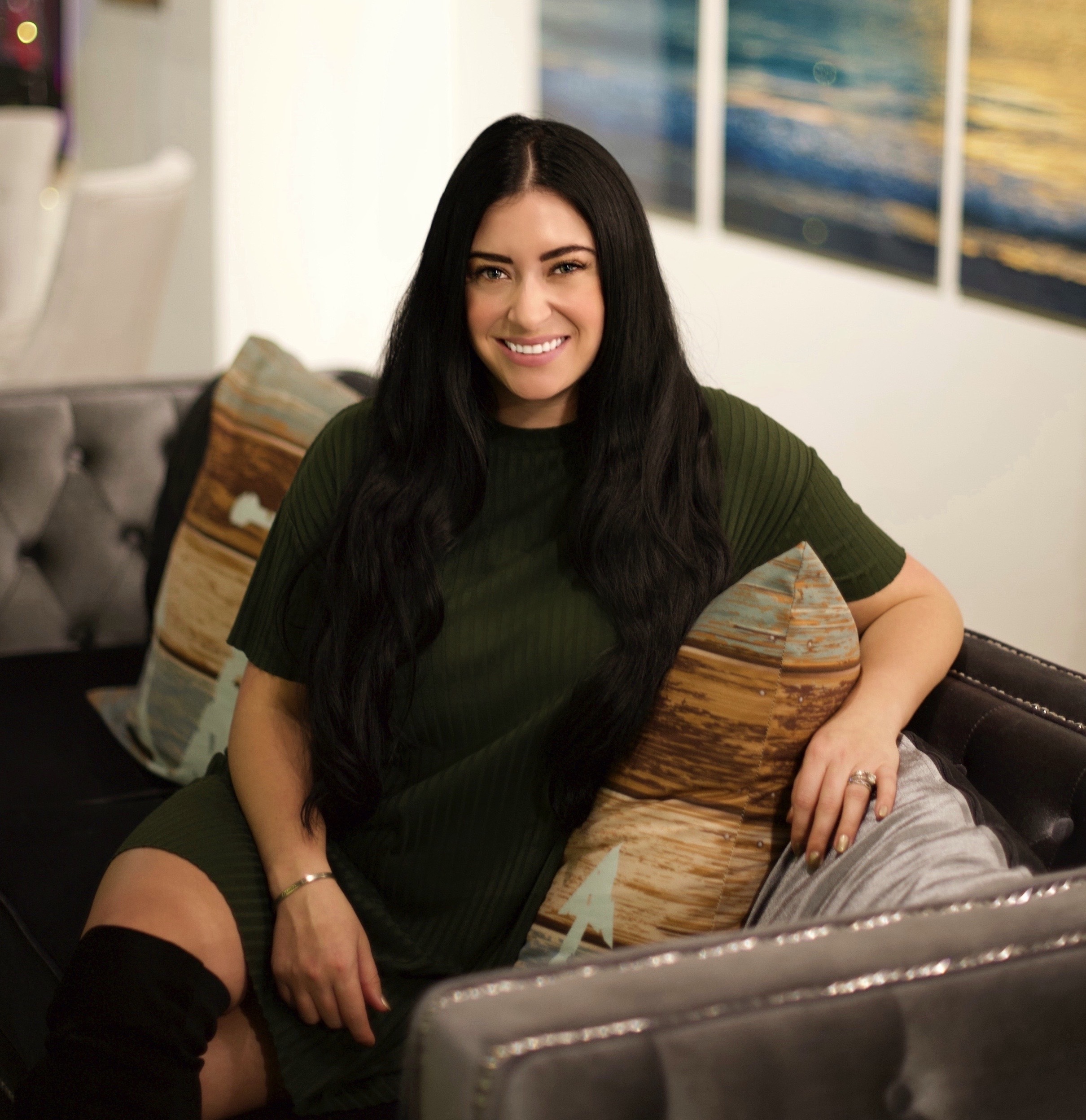Ashley Cummings is a freelance writer and content marketer with experience in DTC, SaaS, and more. She recently shared 11 lessons learned over her decade of freelancing in her newsletter, and we wanted to dive deeper and share her knowledge with you!
Thinking Big as a Small Business Owner
1. What are 1 or 2 of your top methods that helped you get into a true business owner mindset?
Thinking big is primarily what helped me get into a business owner mindset. We often limit ourselves sometimes by thinking small.
For example, we may think $250 for a long-form article is a lot of money, because we can buy a lot with $250, and it may be a lot of money to us personally. But, it’s not a big expense for your client. Instead of thinking what $250 means to you, think about what it means to a big company (nothing), and consider how much expertise and value you’re providing. That one article you write could bring your client several new customers worth thousands and thousands of dollars each. Charge accordingly.
Also, thinking big isn’t limited to how much you charge. It can also mean thinking about growing your business. What are other ways you can scale and diversify your income? Can you start and monetize a newsletter? Build a community? Create software? Partner with other professionals on cool projects?
When you think big, you create and earn big, too.
2. How have you leaned on your network to grow your freelance business?
Networking with other freelancers and content marketing professionals has been the single most important thing I’ve done to grow my business. When I started freelancing, the first place I went to get new clients was to my network. I did some work for previous companies, marketing friends, and even some of my dad’s advertising friends.
As I’ve grown as a freelancer, I’ve made it a priority to make friends with freelancers who have similar clients and who work in the same niche as me. It’s also essential to meet up in person and develop real friendships. These are the people who I refer work to and who refer work to me. Not only do I refer work to these other freelancers, but I’ve partnered with several of them for new business initiatives.
I always say people can’t hire you or refer you if they don’t know who you are. Carve out time to introduce yourself and build relationships.
3. Talk to us about some important boundaries you’ve set with clients over the past 11 years.
One of the adjustments I had to make moving from a 9-5 job to freelancing is to realize I’m the boss of a business and not an employee of my client’s business. This significantly changes how you interact with clients.
Before I start any project, I take the lead and set expectations of how my processes work, how/when I respond to emails, what my turn around times are, what project management processes work/don’t work for me, and what my payment terms are. I also reinforce this by making sure my clients sign my contract.
I think the most important boundary I’ve set is defining my payment terms before I start a project. If I’m working with a large organization that has an accounting team, I am flexible with their processes. For example, I like to get paid Net-0, but sometimes it’s not possible if you’re working with a huge SaaS company. The important thing is to communicate your expectations, what is realistic for them, come to a mutually beneficial agreement, and write it into your contract.
Another boundary I set is when I need assignments and turn around times. I juggle 10+ clients every month, so it’s rare that I can take on a last minute assignment (sometimes, I can, but it’s rare). I ask my clients to send all the assignments they need in a month by the last week of the previous month. Then, we schedule due dates throughout the month that work for me, them, and my other clients. By planning a month in advance, it gives me and my clients enough time to realistically meet deadlines.
4. Logistically, what were the most valuable things you did when first setting up your freelance business?
The most valuable thing I did was set up a website and consult an accountant and a lawyer. It’s really difficult to stand out as a freelancer if you don’t have a website where you showcase your work. It adds credibility and shows clients you know how to write. In terms of setting up a business, there are a lot of things I do know how to do, but writing a contract and accounting aren’t part of my skill set. It was invaluable to hire professionals to handle my taxes and write my contract.
5. What advice do you have for those at the beginning of their freelance journey?
I would say make networking a priority. Join Twitter, LinkedIn, communities, and go to events IRL. The more friends you have, the more opportunities you’ll have to learn and grow. I also advise new freelancers to establish systems and processes to keep their business organized.




